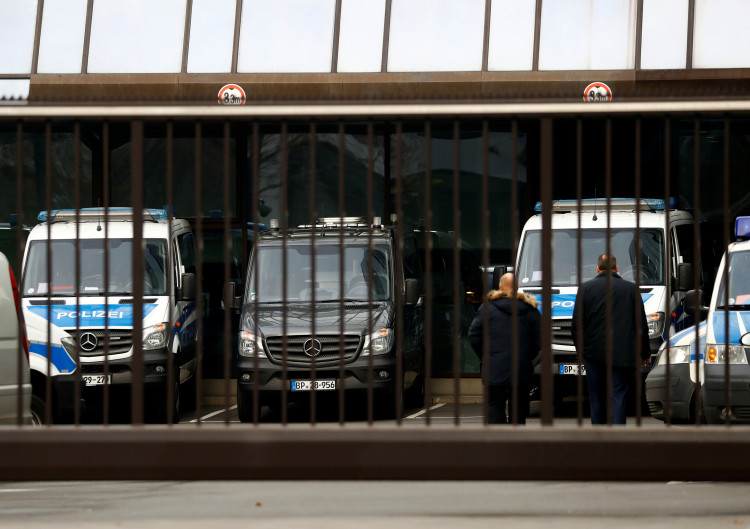Nearly 170 authorities raided Deutsche Bank's Germany headquarters after investigations related to the Panama Papers revealed links to money laundering activities happening inside one of the largest banks in the world.
Investigations found that Deutsche Bank employees, including two who still work at the financial services company, assisted their clients to stream ill-gotten money into offshore accounts to avoid detection and paying taxes to their home countries.
Deutsche Bank, which operates in 58 countries in Europe, the Americas, and Asia, is the 17th largest bank in the world by total assets. With this immense reach, also come significant shady businesses believed to be conducted knowingly among workers of the bank.
The bank has been the subject of scrutiny and investigations for the recent years as authorities were extremely suspicious of its lenient anti-money laundering policies. Just this August, Deutsche bank was fined $10 billion after being found to have assisted a Russian client to launder money.
Germany's Federal Financial Supervisory Authority or BaFin, an independent financial regulatory authority in the country, had deployed an exclusive auditing firm to support the bank in implementing tougher anti-money laundering policies. BaFin believed the bank needs to toughen up internally.
Deutsche Bank, for its part, recognized its shortcoming with regard to its regulations, but, nonetheless admitted that it still lacks an iron hand to stop criminal activities from happening internally.
The Panama Papers controversy took the world by storm in 2016. The scandal involved the leak of more than 11 million documents that expose as many as 200,000 doubtful offshore accounts of the most affluent people from all over the globe. The documents were mostly attorney-client information detailing how criminal syndicates skirt the authorities and avoid being detected by the law and how some of the world's most powerful tycoons are avoiding paying hefty government taxes.
The Panama Papers were analyzed by the International Consortium of Investigative Journalists and the German newspaper Suddeutsche Zeitung as well as more than 100 media publications. Their analysis, which took one year, found numerous offshore holdings of world leaders, and convert financial dealings of fraudsters, drug traffickers, as well as seemingly "clean" billionaires, celebrities, and sports personalities.
ICIJ said the Panama Papers included 40 years of data retrieved from Mossack Fonseca, a "little-known" law firm in Panama. As it turned out, the seemingly "small" firm has operations in more than 35 locations across the world. The firm was also found to be one of the world's largest makers of shell companies and corporate organizational flow that is intended to cover-up billions-worth of questionable assets.
The Panama Papers also revealed that there are 214,000 offshore companies managing people's wealth in more than 200 countries.





